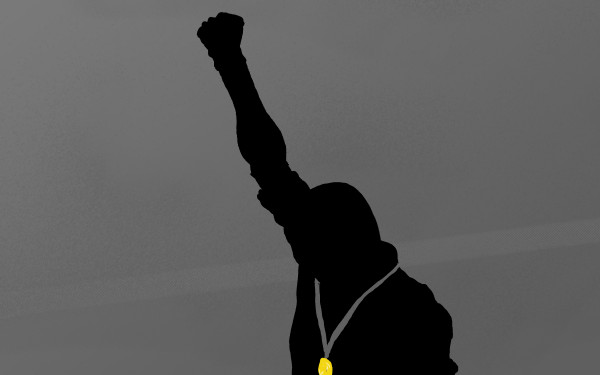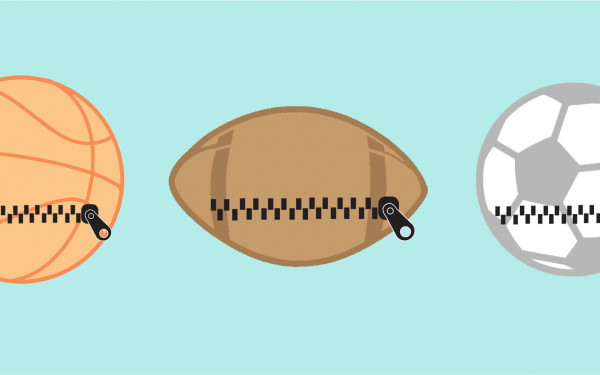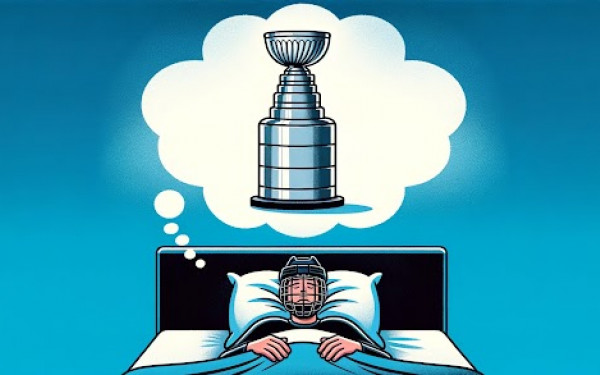Shut Up and Dribble: The Commodification of Athletes Has Never Been More Apparent
Athletes Around the World Voice Concerns Over Pandemic as Leagues Set to Resume Play
The Bundesliga—the top tier of German soccer—is set to resume play this weekend, as all 18 teams in the division will take the field for the first time in two and half months.
As an avid soccer fan, I am thrilled to have exciting live games to watch again, and will undoubtedly tune in along with millions of other sports fans worldwide. After all, in a world starved for any kind of live sporting events, the Bundesliga will have the stage all to itself, and will surely break its own viewership records by a huge margin.
Amidst all this outside excitement, the feeling inside certain clubs does not reflect that same enthusiasm. Neven Subotić, a defender for Union Berlin, publicly claimed that players are afraid to return to play, some worried about catching and spreading the virus.
In other soccer leagues across Europe, clubs have begun individual training sessions, with players practicing on their own and being monitored on a quasi-constant basis. FC Barcelona defender Gerard Piqué condemned the Spanish league’s plan to resume play in mid-June, stating that teams will not have had enough time to train and might be susceptible to injury if rushed back.
Two days later, the president of the Spanish top flight said he expects there to be zero risk of infection or spread in games due to profuse testing, and he predicts there will be games everyday when the league resumes.
While European soccer seems to be on the road to returning, there is a clear disconnect between league governing bodies and their athletes.
On this side of the Atlantic, a recent poll of NBA players shows their willingness to resume play, mostly motivated by the $850 million of gross salary they would miss out on if the season was cancelled. With the huge financial implications at play for a league that rakes in immense amounts of revenue, there is widespread concern that the NBA could return prematurely.
Gary Bettman, the commissioner of the NHL, claimed today that cancelling the rest of the season is “not something [he’s] even contemplating”. The only times the Stanley Cup has not been awarded was during the 2005 lockout and, ironically enough, during the Spanish Flu in 1919.
As we often forget, the stars we watch on TV and idolize for their mesmerizing skill and determination are human beings just like us. And just like us, they have been staying home with their families, worried about the state of the world and afraid of risking their health and that of their loved ones.
Practically forcing them to go back to work, where they’re asked to perform at the peak of their abilities, in an empty stadium, when the outside world still struggles with the effects of COVID-19, is unfair to them and to those working desperately on the frontlines trying to contain and fight the virus.
Sure, they make boatloads of money and live a slightly more sheltered life than most of us, but their concerns and fears are no different than anyone else’s. Their bosses are worried about their paychecks, while the players are worried about their health and livelihood.
Like I said, I am desperate for the return of pro sports and the excitement that comes with following top competitions, both locally and abroad. But what we are living through at the moment is bigger than practically anything else.
Professional athletes are not commodities. They’re not meant to be puppeted in front of large audiences against their best interests. They’re human beings; these times are a great reminder of that.







_600_375_90_s_c1.jpg)